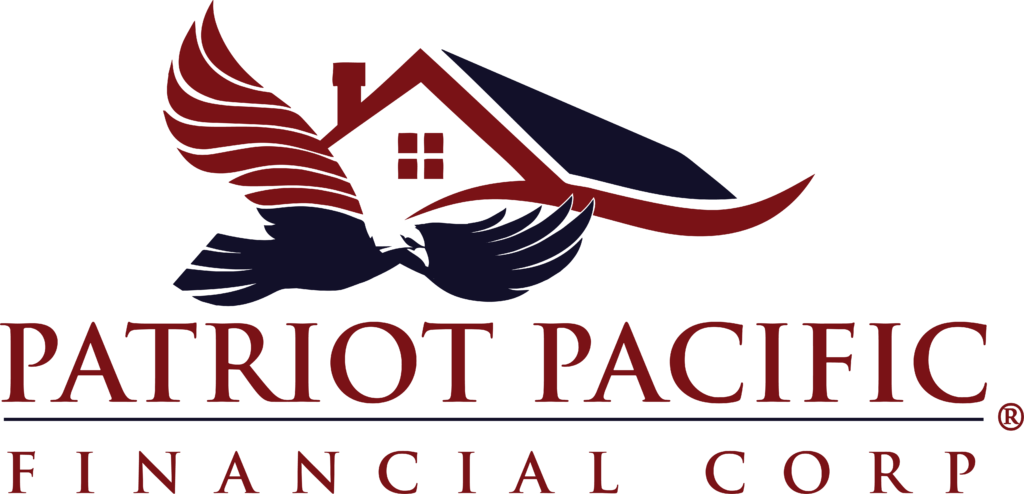What is a Conventional Loan?
Tucson, Arizona: What is a Conventional Loan? When it comes to obtaining financing for a home, potential homeowners are often faced with a variety of options. One of the most common types of mortgage loans is a conventional loan. In this article, we will delve into the intricacies of conventional loans, exploring what they are, how they differ from other types of loans, and their pros and cons.
Call Us Now: 520-303-5620
Defining Conventional Loans:
A conventional loan is a type of mortgage that is not insured or guaranteed by a government agency. Unlike Federal Housing Administration (FHA) loans or Veterans Affairs (VA) loans, conventional loans are backed solely by private lenders and banks. This means that the lender assumes the risk associated with the loan, making it imperative for borrowers to meet certain credit and financial requirements to qualified
Key Characteristics of Conventional Loans:
Down Payment: One of the defining features of conventional loans is the potential for a higher down payment requirement compared to government-backed loans. While FHA loans can require as little as 3.5% down and VA loans often require no down payment, conventional loans typically necessitate a down payment ranging from 5% to 20% of the home’s purchase price. There is a 3% Down Payment Conventional Loan: Click here: 97% Conventional Loan
Credit Score: Lenders scrutinize credit scores when considering conventional loan applications. Borrowers with higher credit scores are generally eligible for more favorable interest rates and terms. A credit score of at least 620 is usually required, but higher scores can lead to better loan options.
Loan Limits: Conventional loans do not have strict loan limits, as FHA and VA loans do. Instead, they adhere to conforming loan limits set by the Federal Housing Finance Agency (FHFA), which can change annually based on fluctuations in the housing market. In 2023, the limit in Arizona is $726,200 and $929,850 for 2-unit properties
Private Mortgage Insurance (PMI): If a borrower puts down less than 20% of the home’s value, private mortgage insurance may be required. PMI serves as a safeguard for the lender in case the borrower defaults on the loan. Once the borrower’s equity in the home reaches 20%, PMI can often be canceled.
Interest Rates: Conventional loans’ interest rates can vary depending on the borrower’s creditworthiness, market conditions, and the lender’s policies. A strong credit score and a larger down payment can lead to more favorable interest rates.
Pros of Using a Conventional Loan:
Flexibility: Conventional loans offer more flexibility in terms of property types and loan amounts, making them suitable for a wide range of homebuyers.
No Upfront Funding Fee: Unlike FHA and VA loans, conventional loans do not require an upfront funding fee, potentially reducing the initial costs for the borrower.
Equity Building: A larger down payment can help borrowers build equity in their homes more quickly, potentially leading to improved financial stability.
Cons of Conventional Loans:
Stringent Requirements: Conventional loans can have stricter credit score and down payment requirements, making them less accessible for some borrowers.
Private Mortgage Insurance: If the down payment is less than 20%, borrowers may have to pay for private mortgage insurance, increasing the overall cost of the loan.
Interest Rates: Depending on market conditions, interest rates for conventional loans can sometimes be higher than those for government-backed loans.
Is a Conventional Loan Right for You?
Deciding whether a conventional loan is the best fit for your homebuying needs depends on various factors, including your credit score, financial situation, and long-term goals. It’s essential to carefully assess your options, compare different loan types, and consult with a mortgage professional to determine which loan product aligns with your unique circumstances.
In conclusion, a conventional loan is a widely used mortgage option that offers flexibility and a range of terms for potential homeowners. While it may come with stricter requirements and potentially higher upfront costs, it provides borrowers with the opportunity to build equity and achieve their homeownership dreams on their terms. As with any financial decision, thorough research and expert guidance are key to making an informed choice that suits your specific situation.
Call Us Now 520-303-5620
**All loans subject to underwriter approval; terms and conditions may apply. Subject to change without notice. Always consult an accountant or tax advisor for full eligibility requirements on tax deduction.
Equal Opportunity Lender, We are pledged to the letter and spirit of the United States policy for the achievement of equal housing opportunity throughout the nation. We encourage and support an affirmative advertising and marketing program in which there are no barriers to obtaining housing because of race, color, religion, sex, handicap, familial status, or national origin.
The information provided herein has been prepared by a third party company and has been distributed for education purposes only. The positions, strategies or opinions of the author do not necessarily represent the positions, strategies or opinions of Patriot Pacific Financial Corp or its affiliates. Each loan is subject to underwriter final approval. All information, loan programs, interest rates, terms and conditions are subject to change without notice. Always consult an accountant or tax advisor for full eligibility requirements on tax deduction

